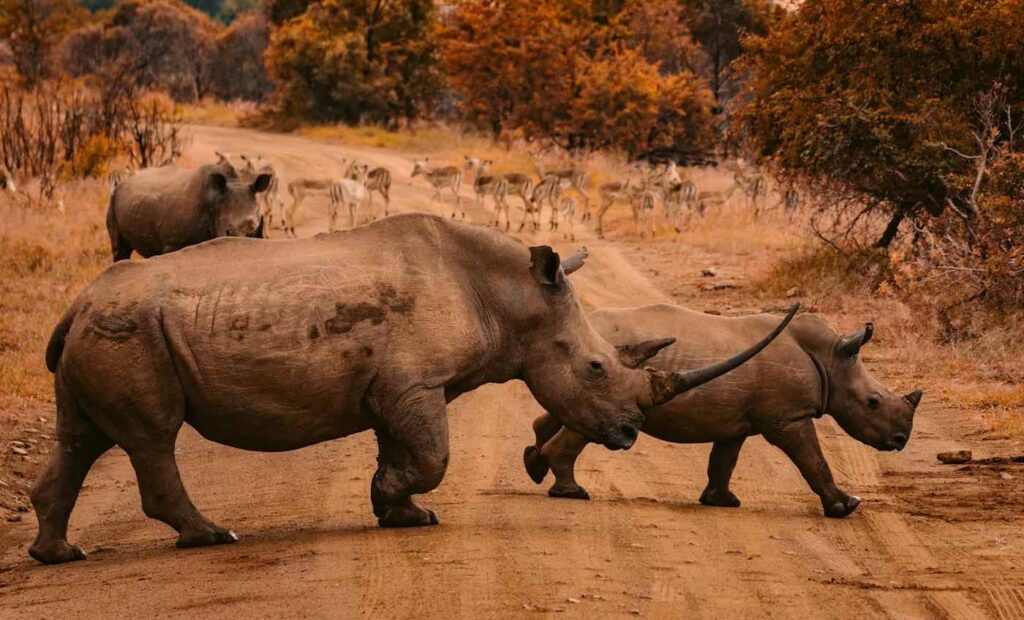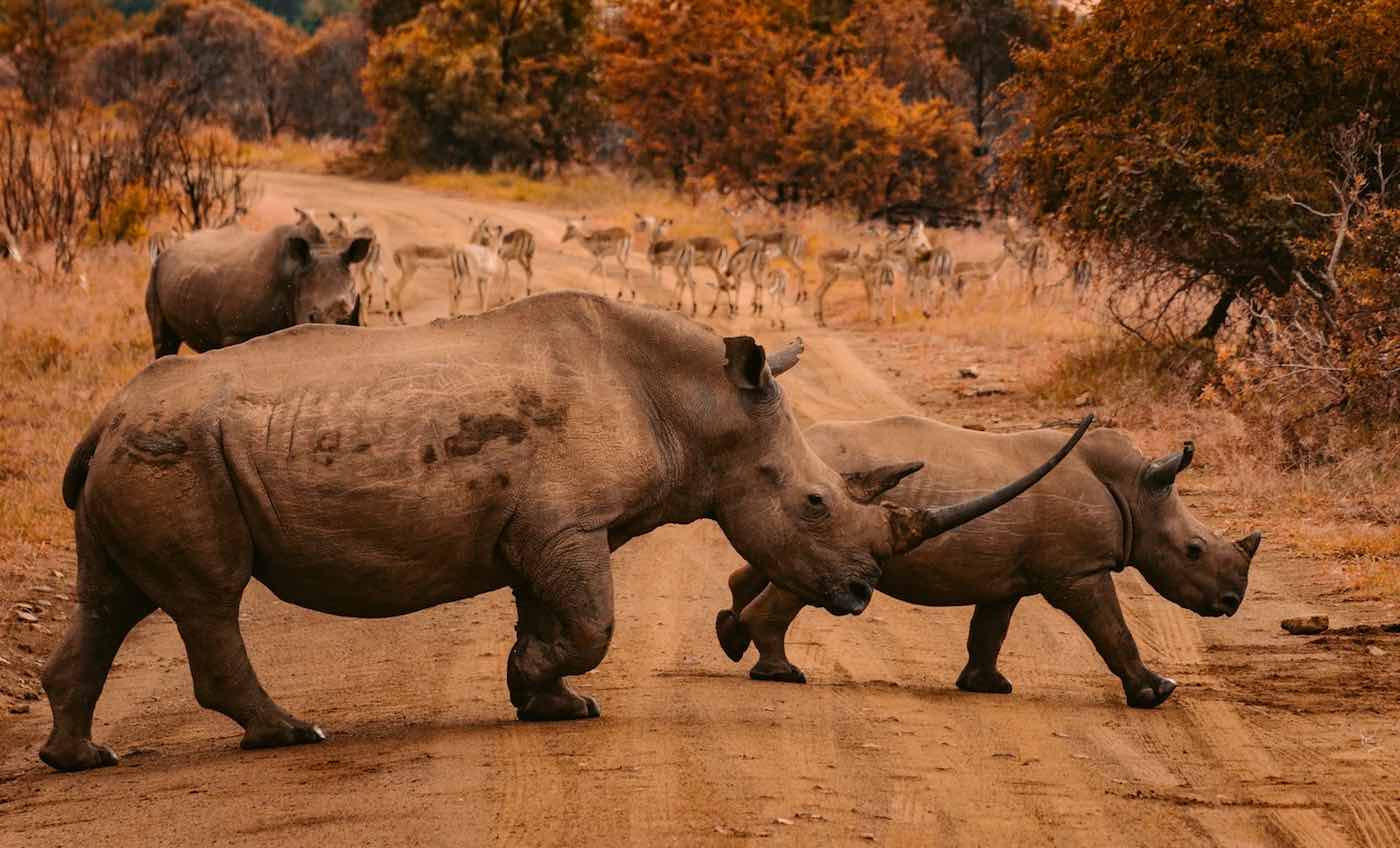
In South Africa, biologists and scientists have developed a novel way of disincentivizing poaching that will allow rhinos to keep hold of their horns.
Previously it was widespread practice to capture and de-horn rhinos to disincentivize poachers from killing them, but the lack of a horn deeply interfered with the animals’ social structures.
Instead, rhinos at a nursery in the northern province of Limpopo have had radioactive isotopes embedded into their horns. The idea is that the radiation given off by these isotopes will mark out anyone at any border crossing as having handled a rhino horn.
It’s a superior form of tracking because even if the tracker is removed the radiation remains on the horn, as well as anything that touches it.
Nuclear researchers at the University of the Witwatersrand’s Radiation and Health Physics Unit in South Africa injected 20 live rhinos with these isotopes.
“We are doing this because it makes it significantly easier to intercept these horns as they are being trafficked over international borders because there is a global network of radiation monitors that have been designed to prevent nuclear terrorism,” Professor James Larkin who heads the project told Africa News. “And we’re piggybacking on the back of that.”
Larkin adds that innovation in poaching prevention is urgently needed, as all existing methods have limitations, and South Africa still loses tens of rhinos every year.
MORE ANTI-POACHING SCHEMES: Rather Than Taking Jobs in Tech, 2 Young Software Engineers Use Talents to Crush Poaching in India
Professor Nithaya Chetty, dean of the science faculty at Witwatersrand, said the dosage of the radioactivity is very low and its potential negative impact on the animal was tested extensively.
While poaching elephants for their ivory yields a unique material for sculpture and craft, rhino horn is trafficked to criminal groups in Asia who sell it for the incorrect belief that it contains therapeutic properties.
WATCH the story below from Africa News…
SHARE This Story With Your Friends Who Care About Combatting Poaching…




















